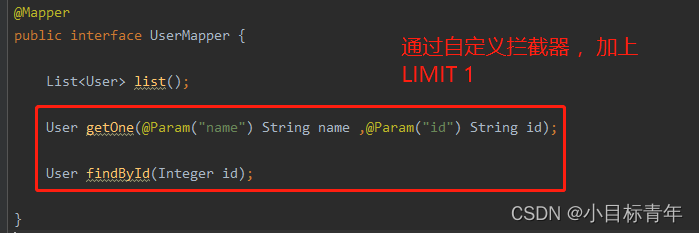这篇文章主要讲解了“C#泛型接口实例应用”,文中的讲解内容简单清晰,易于学习与理解,下面请大家跟着小编的思路慢慢深入,一起来研究和学习“C#泛型接口实例应用”吧!
C# 泛型接口代码
//Type parameter T in angle brackets. public class GenericList﹤T﹥ : System.Collections.Generic.IEnumerable﹤T﹥ { protected Node head; protected Node current = null; // Nested class is also generic on T protected class Node { public Node next; private T data; //T as private member datatype public Node(T t) //T used in non-generic constructor { next = null; data = t; } public Node Next { get { return next; } set { next = value; } } public T Data //T as return type of property { get { return data; } set { data = value; } } } public GenericList() //constructor { head = null; } public void AddHead(T t) //T as method parameter type { Node n = new Node(t); n.Next = head; head = n; } // Implementation of the iterator public System.Collections.Generic.IEnumerator﹤T﹥ GetEnumerator() { Node current = head; while (current != null) { yield return current.Data; current = current.Next; } } // IEnumerable﹤T﹥ inherits from IEnumerable, therefore this class // must implement both the generic and non-generic versions of // GetEnumerator. In most cases, the non-generic method can // simply call the generic method. System.Collections.IEnumerator System.Collections.IEnumerable.GetEnumerator() { return GetEnumerator(); } } public class SortedList﹤T﹥ : GenericList﹤T﹥ where T : System.IComparable﹤T﹥ { // A simple, unoptimized sort algorithm that // orders list elements from lowest to highest: public void BubbleSort() { if (null == head || null == head.Next) { return; } bool swapped; do { Node previous = null; Node current = head; swapped = false; while (current.next != null) { // Because we need to call this method, the SortedList // class is constrained on IEnumerable﹤T﹥ if (current.Data.CompareTo(current.next.Data) ﹥ 0) { Node tmp = current.next; current.next = current.next.next; tmp.next = current; if (previous == null) { head = tmp; } else { previous.next = tmp; } previous = tmp; swapped = true; } else { previous = current; current = current.next; } } } while (swapped); } } // A simple class that implements //IComparable﹤T﹥ using itself as the // type argument. This is a common // design pattern in objects that // are stored in generic lists. public class Person : System.IComparable﹤Person﹥ { string name; int age; public Person(string s, int i) { name = s; age = i; } // This will cause list elements // to be sorted on age values. public int CompareTo(Person p) { return age - p.age; } public override string ToString() { return name + ":" + age; } // Must implement Equals. public bool Equals(Person p) { return (this.age == p.age); } } class Program { static void Main() { //Declare and instantiate a new generic SortedList class. //Person is the type argument. SortedList﹤Person﹥ list = new SortedList﹤Person﹥(); //Create name and age values to initialize Person objects. string[] names = new string[] { "Franscoise", "Bill", "Li", "Sandra", "Gunnar", "Alok", "Hiroyuki", "Maria", "Alessandro", "Raul" }; int[] ages = new int[] { 45, 19, 28, 23, 18, 9, 108, 72, 30, 35 }; //Populate the list. for (int x = 0; x ﹤ 10; x++) { list.AddHead(new Person(names[x], ages[x])); } //Print out unsorted list. foreach (Person p in list) { System.Console.WriteLine(p.ToString()); } System.Console.WriteLine("Done with unsorted list"); //Sort the list. list.BubbleSort(); //Print out sorted list. foreach (Person p in list) { System.Console.WriteLine(p.ToString()); } System.Console.WriteLine("Done with sorted list"); } }c#泛型接口实例应用





